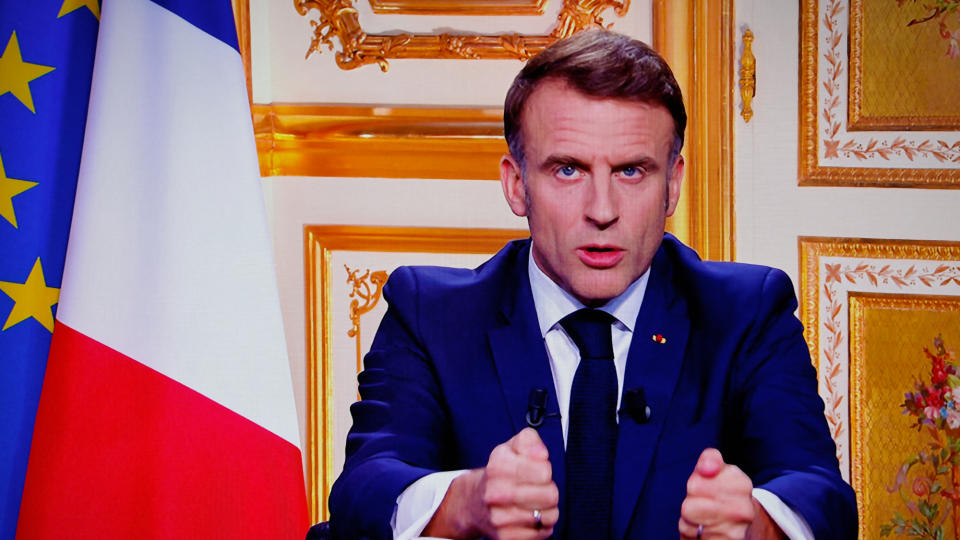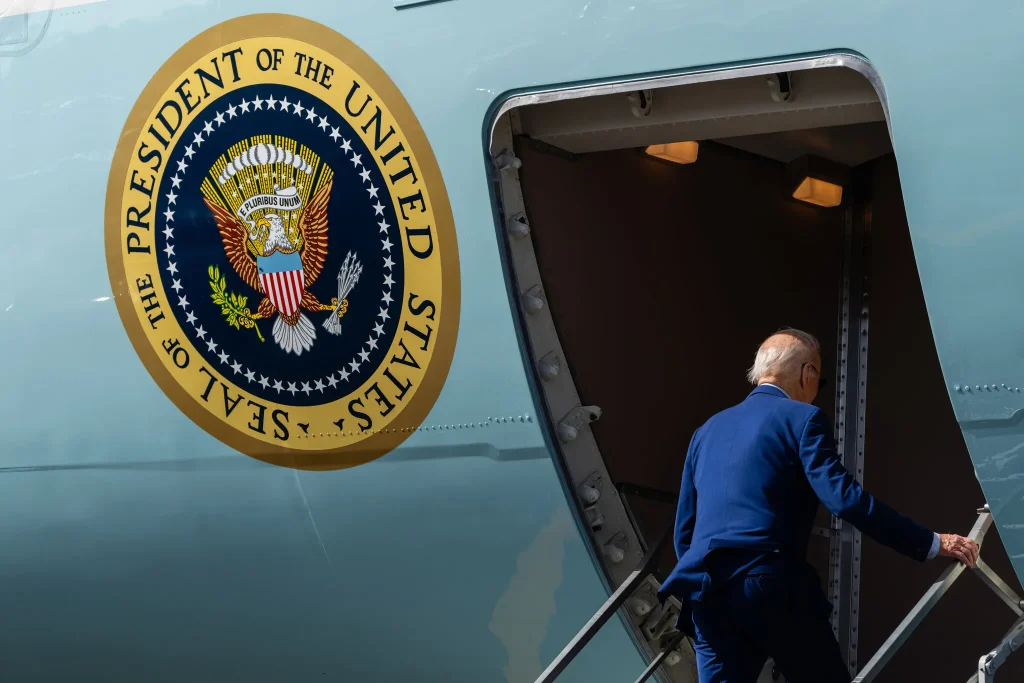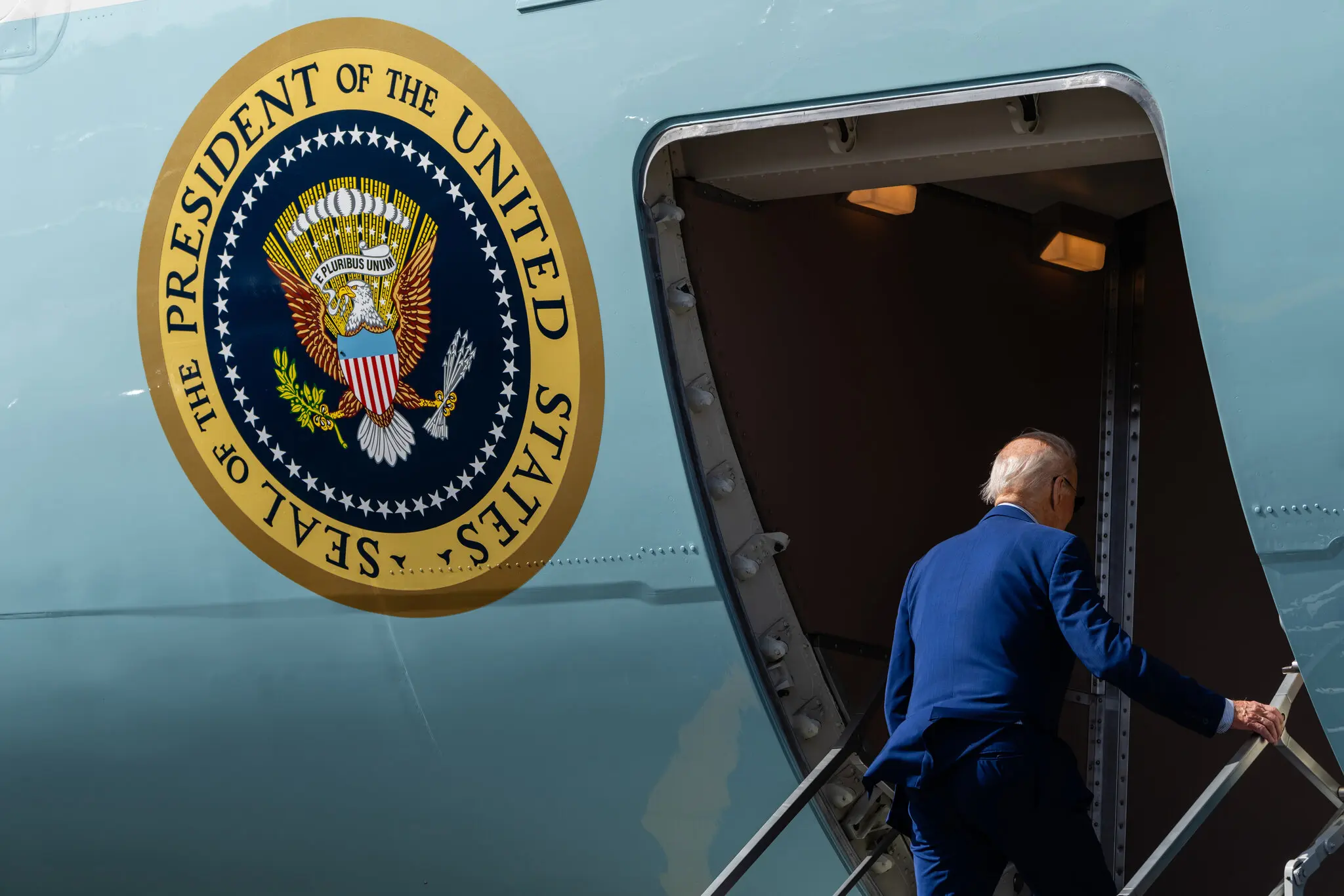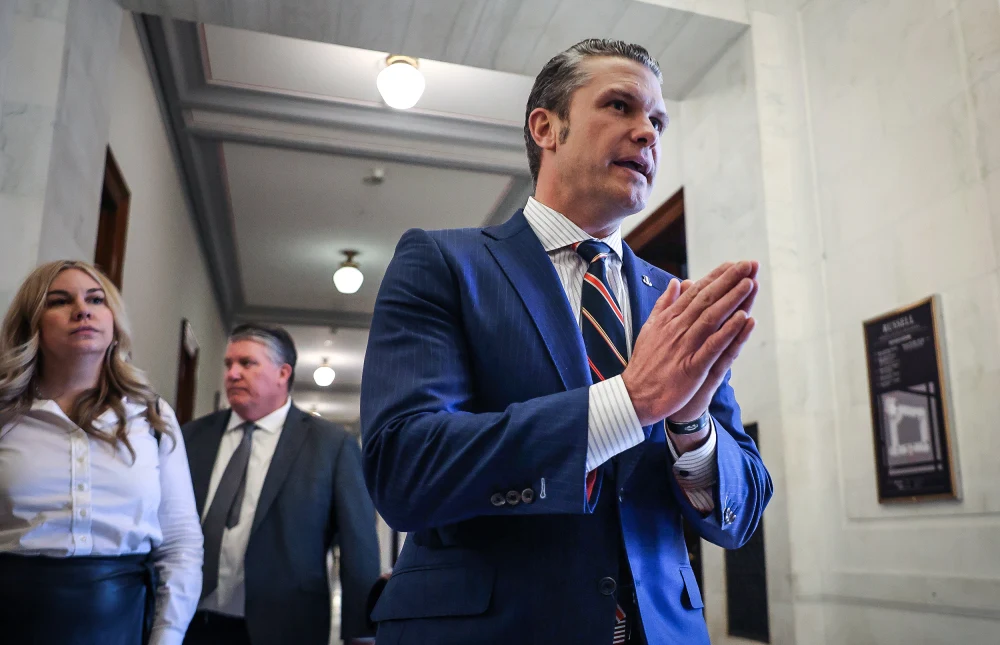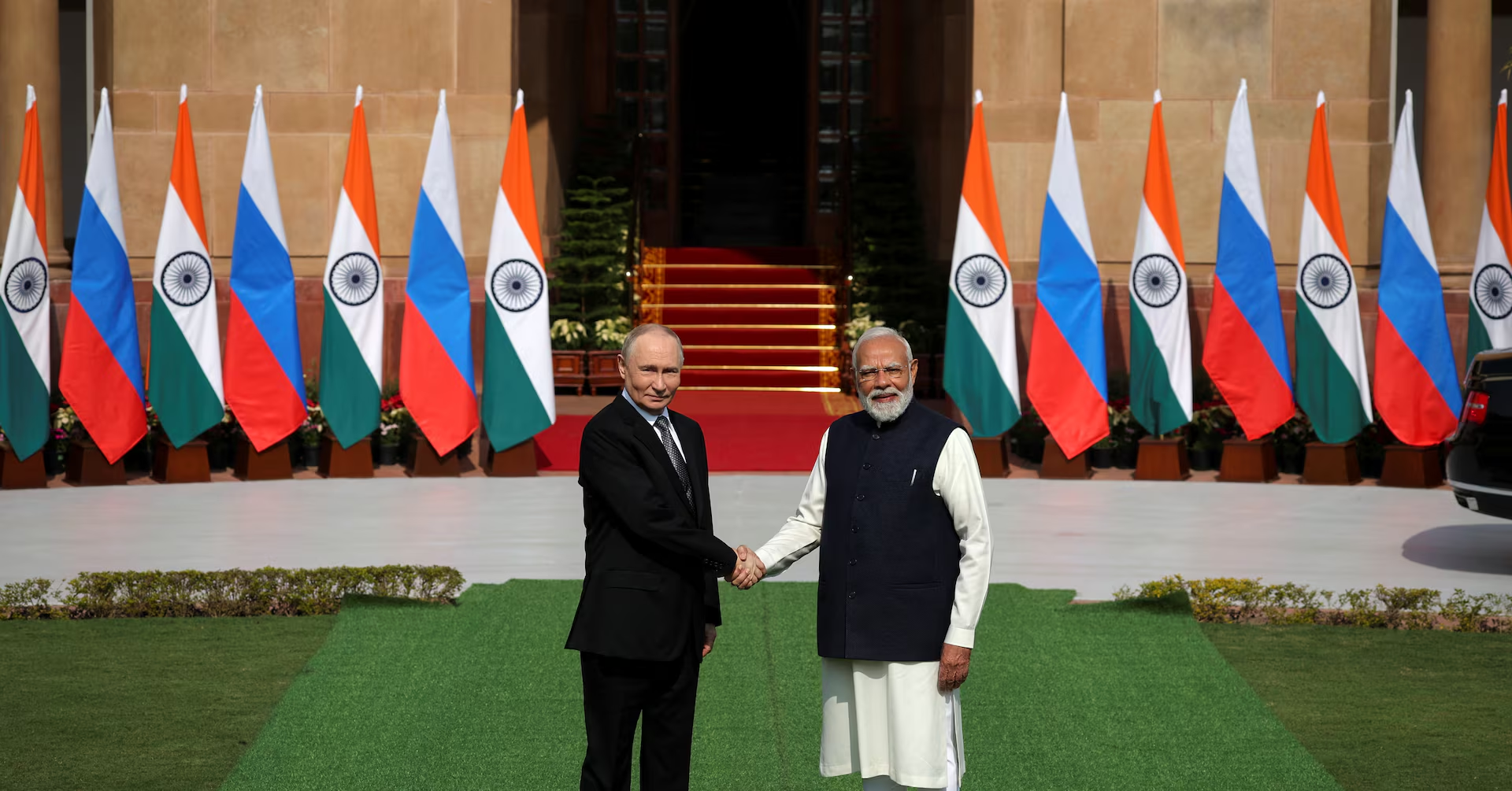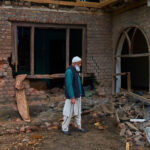Now Reading: South Korea Declares Martial Law Amid Political Crisis
-
01
South Korea Declares Martial Law Amid Political Crisis
South Korea Declares Martial Law Amid Political Crisis
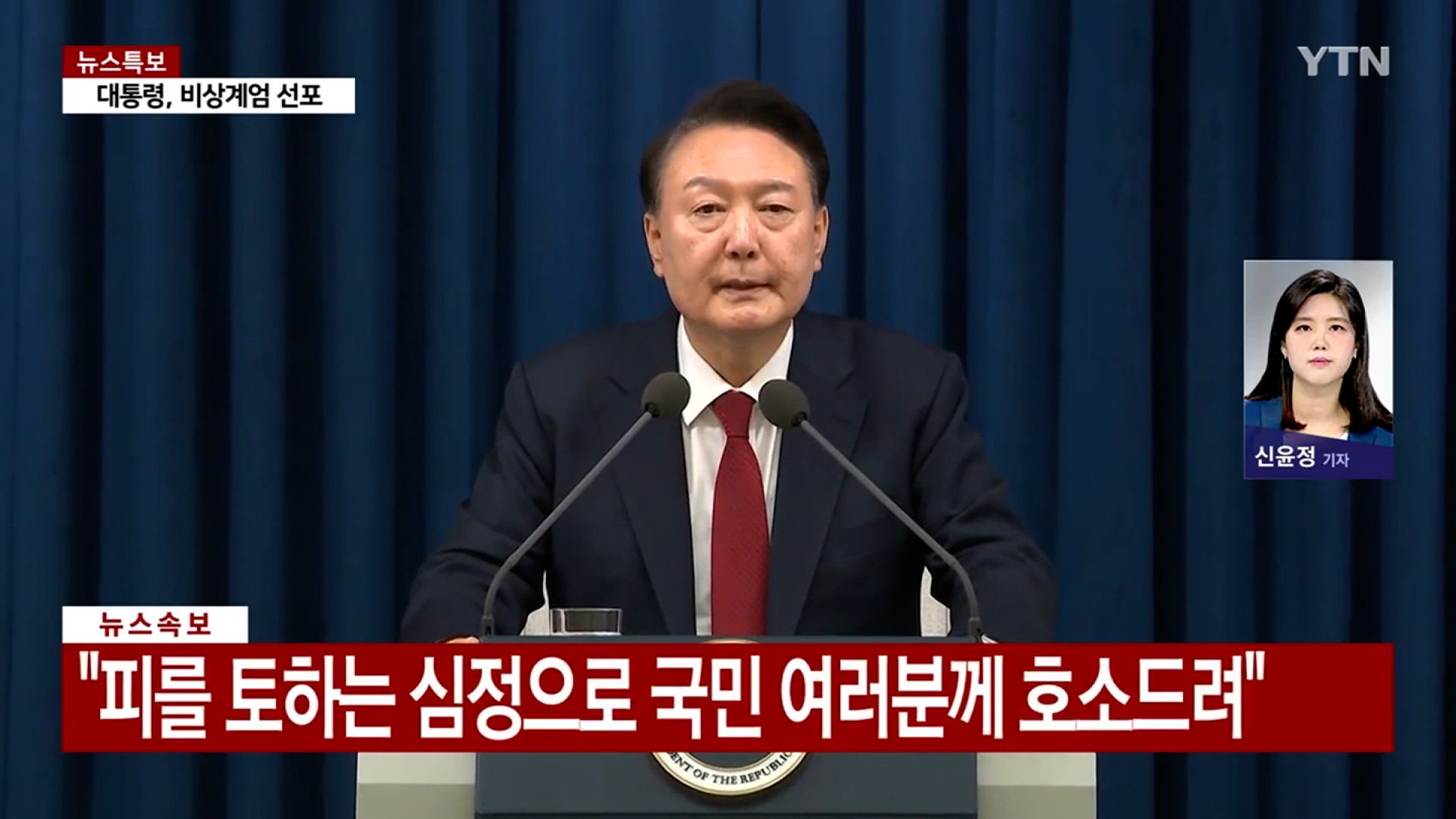
In a dramatic and unprecedented turn of events, South Korean President Yoon Suk Yeol has declared martial law, citing a political crisis and accusing the opposition Democratic Party of “anti-state activities” and sympathizing with North Korea. The late-night announcement has thrown the nation into turmoil, raising concerns about the state of its democracy and political stability.
The Trigger: Escalating Political Tensions
The declaration comes amid escalating tensions between Yoon’s administration and the Democratic Party:
- Opposition Moves: The Democratic Party had recently pushed to impeach top prosecutors and rejected the administration’s budget proposal, actions Yoon characterized as “rebellion” against the state.
- Accusations: In his televised address, Yoon referred to the opposition as a “den of criminals,” accusing them of undermining South Korea’s liberal democracy and enabling a rise in drug-related crimes. He claimed their actions were destabilizing the nation at a critical time.
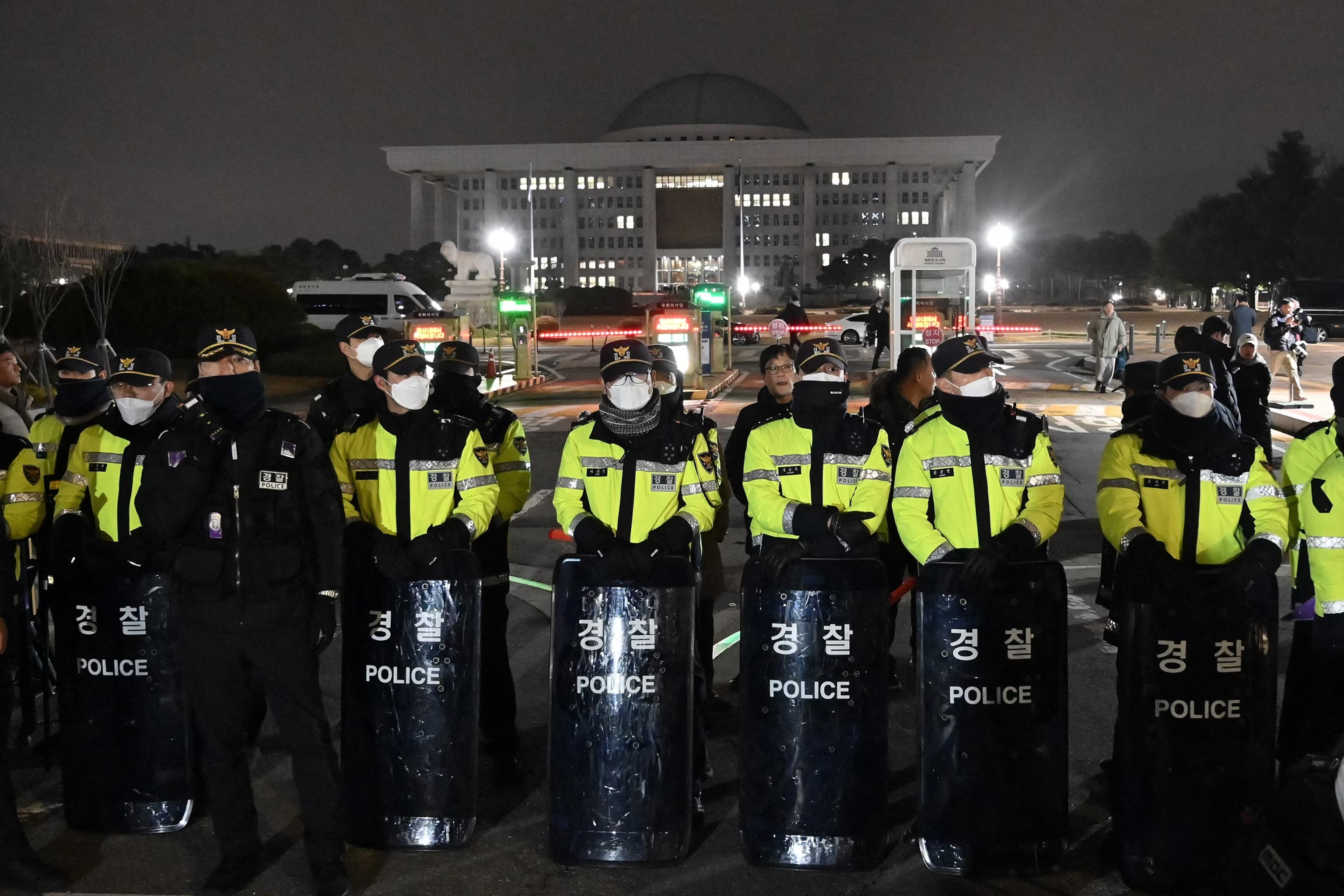
Martial Law Details
Under martial law:
- Parliament Blocked: Reports indicate that access to the National Assembly has been restricted, preventing lawmakers from entering and further paralyzing legislative functions.
- Military Oversight: Military authorities now have expanded powers, including the ability to suppress dissent and control public gatherings.
- Public Reassurance: Yoon promised to minimize disruptions for citizens, stating that martial law would be used to restore order and eliminate “anti-state forces.”
A Blow to South Korea’s Democracy?
The declaration of martial law has sparked immediate backlash both domestically and internationally:
- Opposition Outrage: Democratic Party leaders have condemned the move as an authoritarian power grab and called for mass protests to resist the president’s actions.
- Civil Society Concerns: Advocacy groups and citizens worry that martial law could erode democratic institutions, citing the nation’s tumultuous history with authoritarian rule in the 20th century.
- Global Reaction: World leaders and human rights organizations have expressed alarm, urging the South Korean government to uphold democratic principles and resolve disputes through dialogue.
Historical Context
Martial law was last declared in South Korea in the early 1980s during a period of military dictatorship. Yoon’s decision marks the first time such measures have been imposed in the country’s modern democratic era, raising fears of a return to authoritarian practices.
What’s Next for South Korea?
The situation is rapidly evolving, with potential outcomes ranging from intensified political conflict to large-scale protests. The military’s role will be closely scrutinized, as well as how Yoon balances his promise of minimal public disruption with the sweeping powers granted under martial law.
A Nation at a Crossroads
As South Korea grapples with this historic crisis, questions loom over the future of its democracy. Will Yoon’s declaration restore order, or will it deepen divisions and undermine the country’s hard-won democratic gains?
What’s your perspective on President Yoon’s declaration of martial law? Is it a necessary measure to stabilize the country, or does it threaten South Korea’s democratic foundations? Share your views below!
Keywords/Tags:
South Korea, Martial Law, Yoon Suk Yeol, Democratic Party, North Korea, Political Crisis, National Assembly, Liberal Democracy, Anti-State Forces, Seoul News, Global Politics.
- Advantage Sample 1
- Disadvantage Sample 1

